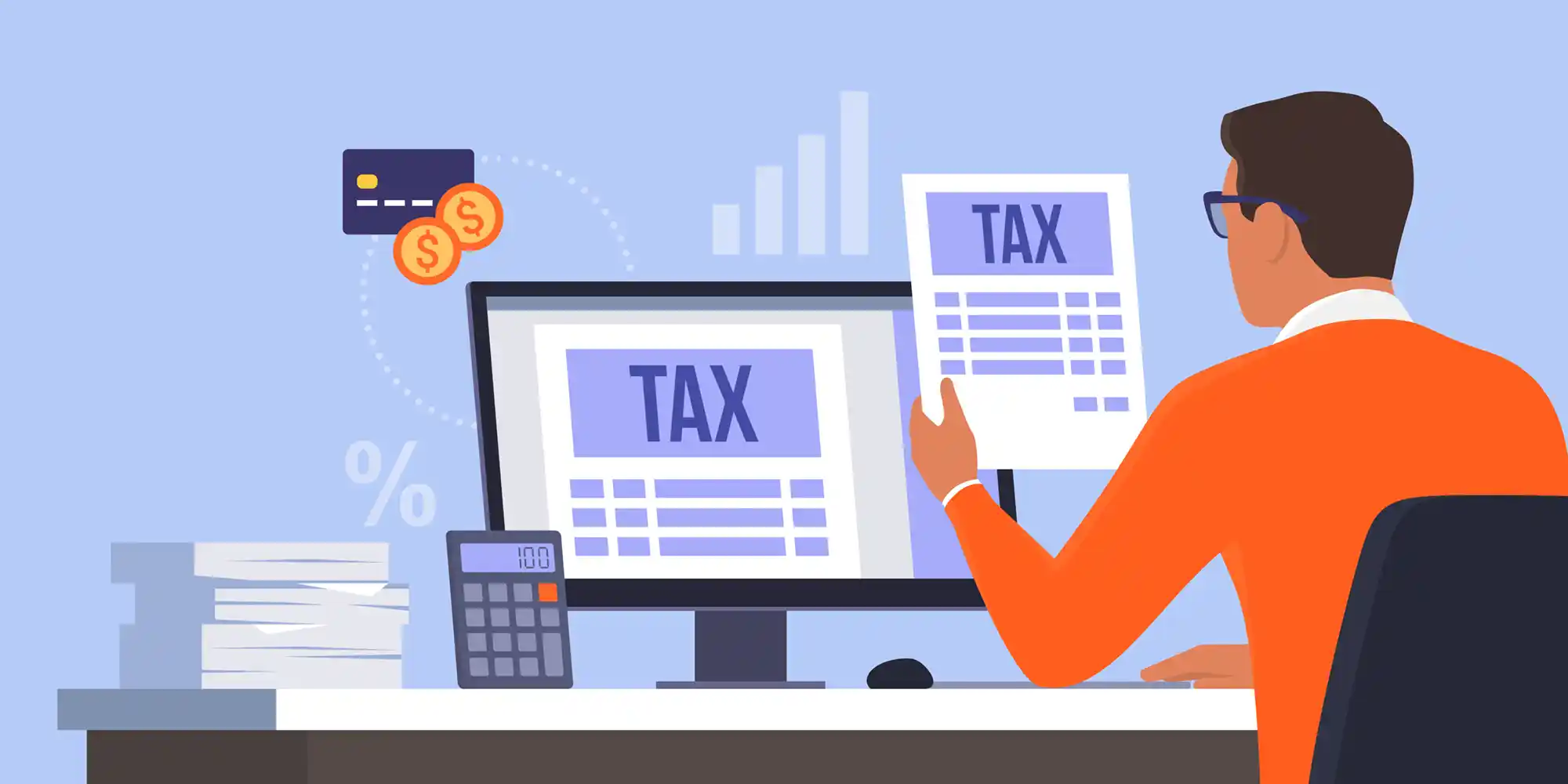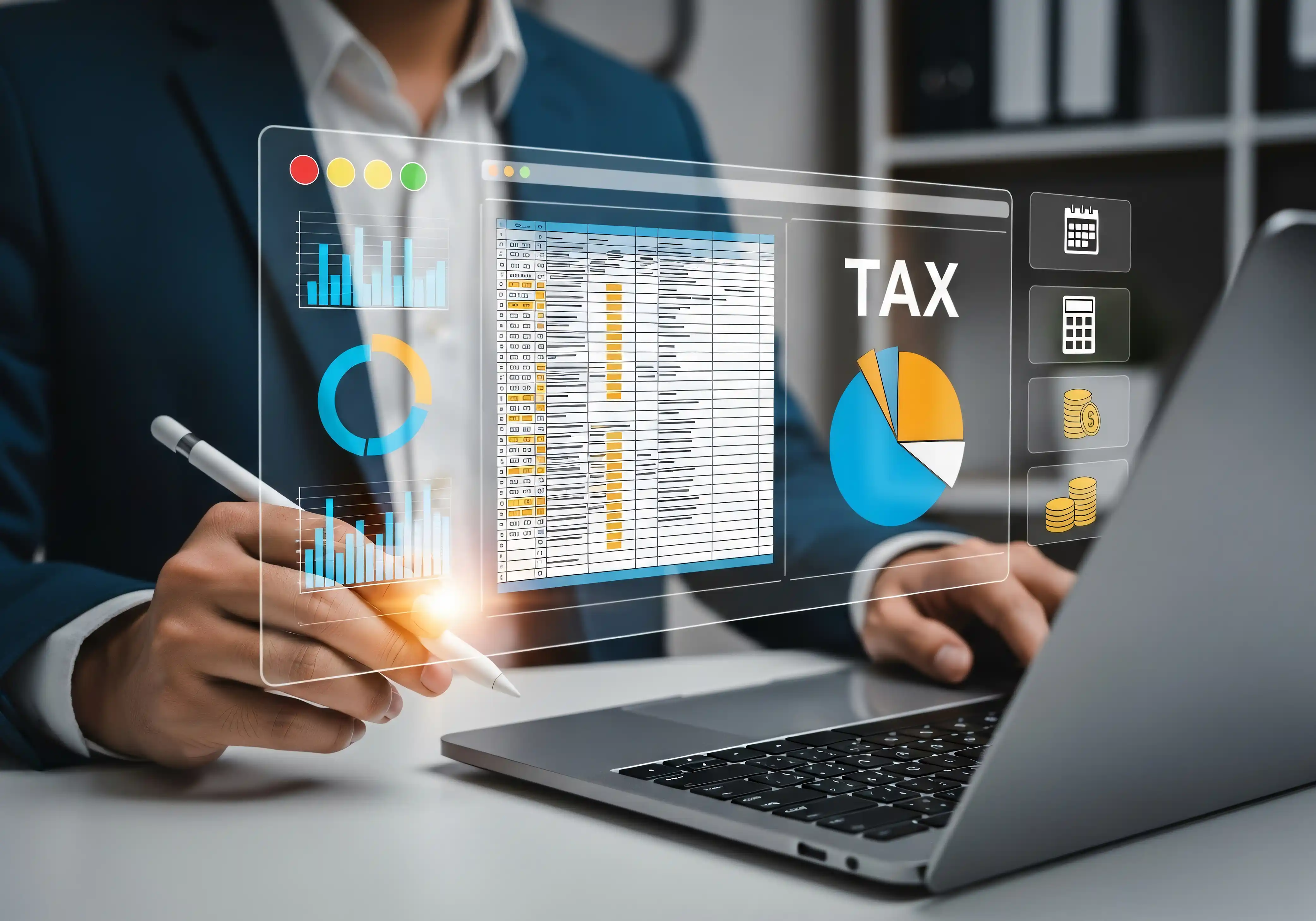HMRC has been reminding individual taxpayers that there are now fewer than 100 days left to file their self-assessment tax return for the 2024-25 tax year. Your self - assessment tax return for the 2024/25 tax year is due by 31 January 2026. Any tax owed must also be paid by this date.
According to HMRC over 3.5m people have already filed their return, but with more than 11.5m people submitting a return last year, that means there are around 8m still to send in their returns. HMRC is encouraging people to start thinking about their return now to avoid the last-minute rush.
Filing early gives you a clearer picture of how much tax you owe and helps you budget for any payment due. Better still if you’re due a refund, you’ll receive it much sooner.
You’ll need to file if you are self-employed or a sole trader and your profits are over £1,000 before expenses. You will also need to complete self-assessment if you have untaxed income e.g., dividends, interest, rental income or capital gains. If you are not sure, check HMRC’s tool at GOV.UK
With self-assessment you’ll need to record and report all the income types you have had during the tax year including:
- Employment income ( on your P60 or P45 if you left a job) and any benefits in kind (P11D) from employers.
- Self-employment income (if you run your own business or do any freelancing etc).
- Rental/property income.
- State and Non state pension payments.
- Dividends, deposit interest and any savings income.
- Foreign income e.g. second property sale
- Capital Gains, on things like the sale of stocks and shares
There are some specific things you might want to be aware of when it comes to your 2024/25 return:
- Capital Gains Tax (CGT): The CGT rates changed part of the way through the tax year. This is not automatically calculated on the Self-Assessment tax return. If you sold assets such as shares after 30 October 2024, the change in rate will need to be factored in.
- High-Income Child Benefit Charge (HICBC): if you only complete a tax return to pay this charge, you may no longer need to. Eligible claimants can opt to have the charge collected through their tax code instead. HMRC can de-register you from Self-Assessment if you qualify, either for this tax year or the next, depending on whether you have already submitted your return.
- Winter fuel and heating payments: You don’t need to include your Autumn 2025 Winter Fuel Payment on your 2024-25 return. These payments will be accounted for in your 2025-26 tax return, not due until 31 January 2027.
There are also some changes being made for the new upcoming tax year, 2026/27, around submission. These are mainly under the Making Tax Digital (MTD) initiative. One big change for the upcoming tax year is that sole traders and landlords with a turnover above £50,000 will need to use MTD for Income Tax from 6 April 2026. This will require quarterly submissions of income and expenses through compatible software. If you are affected by this change, we recommend you find out what’s needed so that you are ready in good time, as the first quarter ends in June 2026.
Here are some other tips you may find helpful:
Start early: Don’t leave gathering your documents until the last minute. Errors and omissions are more likely under pressure.
Keep digital back-ups: Scan or keep electronic copies of all documents so you’re organised.
Use reliable software and professional support: If your affairs are more complicated (e.g., property income, foreign income, capital gains), professional help and specialist software will save you hassle and lost money.
Review your previous year’s return: This can help you spot recurring items easily, and to check consistency.
Check whether you’ve claimed everything you’re entitled to: Don’t overlook smaller reliefs, pension contributions, allowable expenses etc.
If you would like our help with preparing and filing your tax return or need information and guidance on how to use Making Tax Digital, please contact us on 01482 772261 or email: info@kaizengroup.uk we will be happy to help you in any way we can.

































